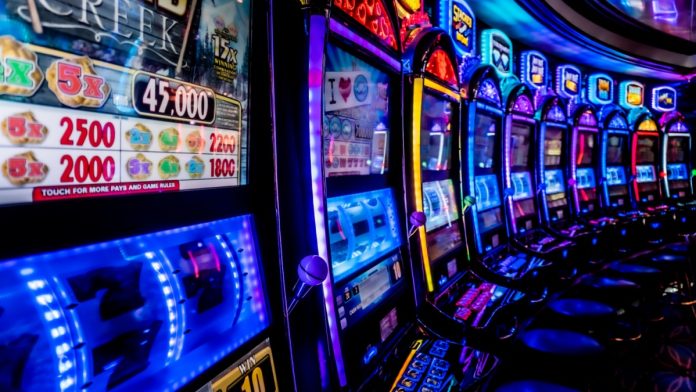Five tribal casinos in California will no longer be regulated by the state.
A federal court has ruled that California is barred from negotiating tribal-state compacts to co-regulate five tribal casinos across the Golden State. The ruling was upheld by the U.S. Court of Appeals for the Ninth Circuit as tribal gaming remains a major topic of discussion in California.
The courts’ reasoning for barring the state from co-regulating the five casinos is based on the federal Indian Gaming Regulatory Act (IGRA). The state had demanded that the casinos enforce child and spousal support orders while abiding by state environmental standards. California had also insisted that the tribes agree to allow injured patrons to sue.
Despite the state’s efforts, the courts ruled against California, as the demands were not directly related to gambling regulation and other topics in the IGRA. The courts determined that the state failed to negotiate in good faith when attempting to implement the demands.
The courts’ ruling has been accepted by Rob Bonta, the Attorney General of California.
As a result of the legal battle, tribes in California will work directly with the federal government for the first time as no tribal-state compacts are in place. The tribes and California agreed to dismiss the case with prejudice, meaning it will never be refiled.
Tribes in California provided with a framework
The U.S. Department of the Interior has issued procedures for California tribes without co-regulation from the state. The procedures, which are under the IGRA, allow the tribes to regulate Class III gaming with oversight from the National Indian Gaming Commission.
The procedures also allow each tribe to operate its own number of gaming facilities and gaming devices that are “appropriate for its market conditions and economic needs.”













